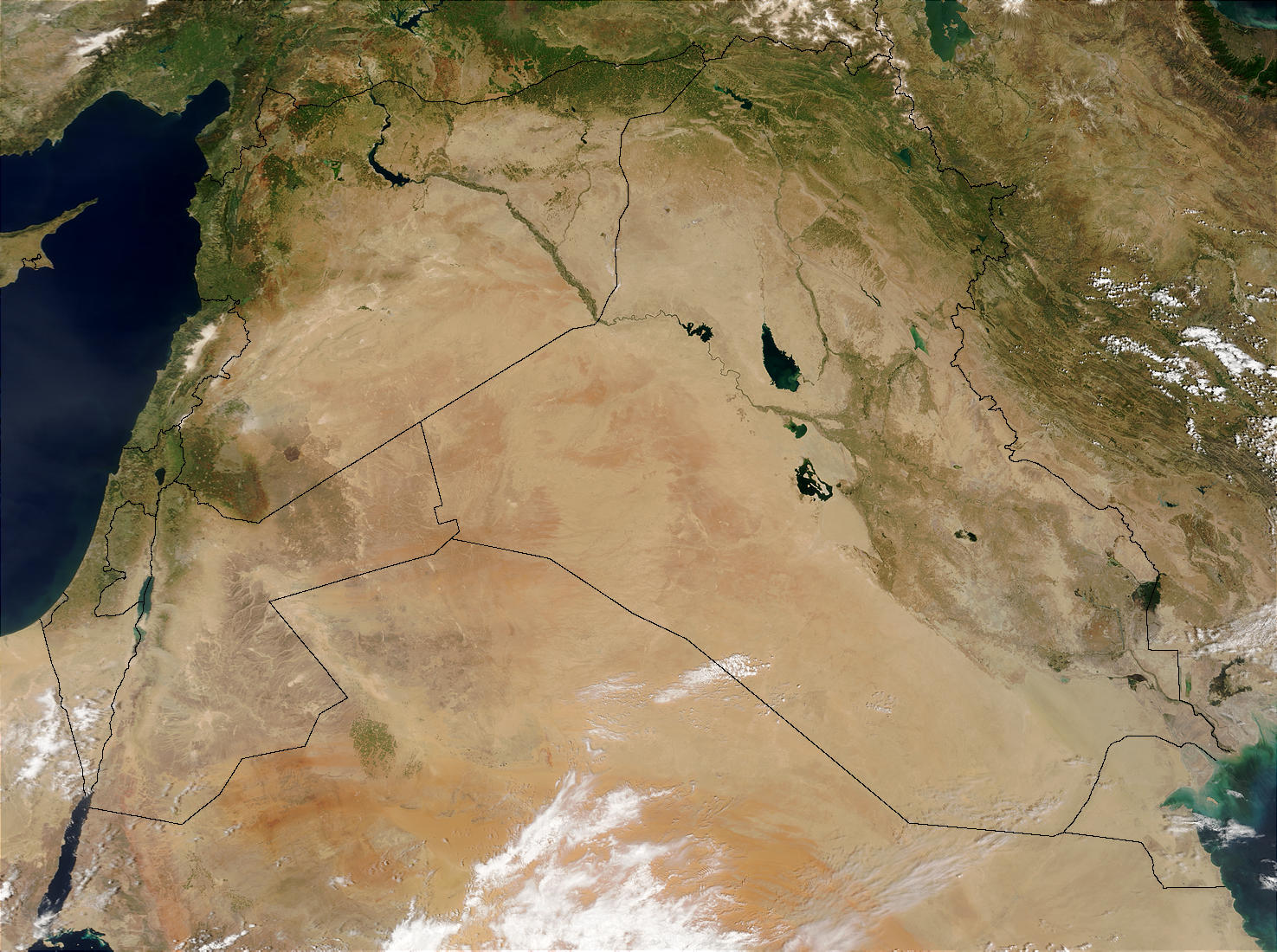
With a long time apart for a year’s length, the West and Iran are moving within reach of each other. November 10th is a set date for when Iran has claimed it would be prepared to begin talks, though the EU envoy Lady Ashton, the person in charge of any talks, made the motion of November 15th. Western officials have shown no high remarks in how fast Iran is responding to messages from the West even when there are public claims by Iranian officials that there is enthusiasm to begin such talks. Time plays a big factor on both sides of these talks; many, in the West, have concluded on putting harder new sets of proposals towards Iran. The longer Iran takes to engage in talks, the higher the price can made for costs that Iran must purchase for the nuclear program. The West would also make a hard statement in wanting Iran to halt its uranium enriching process at its current 20%. Many of these tough new sanctions may give Iran mixed signals, however the main messages stands as the hold up from Tehran enlarges the money needed to make a deal with the West. New talks are hoped to begin, but there are so many hidden agendas on the different sides of the table some are claiming this to be a new set of rounds in, “shadow-boxing.”
Source: Jon Leyne, BBC Tehran correspondent
http://www.bbc.co.uk/news/world-middle-east-11653749


